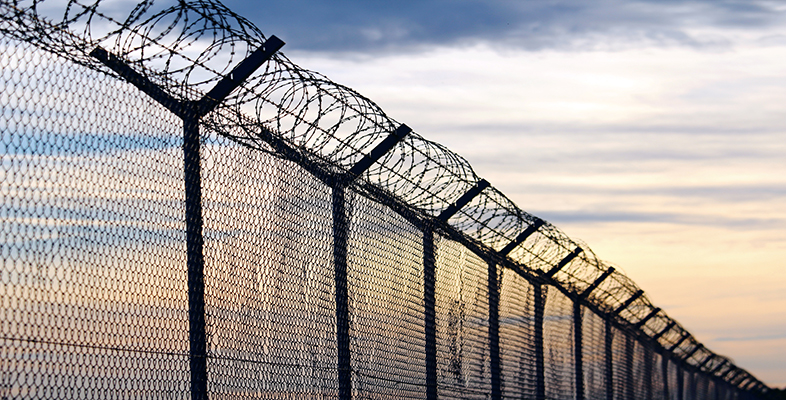3.3 The media, think tanks and the prison industrial complex
John Harris’s article can be seen as an investigation of one among many multinational, globalised corporations which are paid by states to run parts of criminal justice systems around the world. However, zemiologists are also very interested also in the potential harms that the media itself may produce. This is illustrated in a critical evaluation of a BBC Radio 4 programme aired in February 2013 which referred to the organisation called ‘Reform’, an organisation the programme presents as evidencing a claim that privately-run prisons are more effective than state-run ones. Mel Kelly, writing on the website ‘Shine a Light’ highlights a concern about the programme failing to inform listeners that, to quote her:
G4S, Serco and Sodexo all donate to Reform, which the BBC tells us is a ‘centre right think tank’ and which describes itself as an ‘independent, charitable, non-party think tank whose mission is to set out a better way to deliver public services and economic prosperity’.
This then raises the question of whether corporate partners of an ‘independent non-party’ think-tank may be influencing the evidence produced by think-tanks, and questions as to whether such evidence is neutral and about the role of the media in potentially reinforcing views of what is or is not harmful or neutral without revealing the powerful influences – including corporations that have global influence – which may be involved.
For this reason, ‘industries of punishment’ are seen not only in a local context, but are connected to a global industry of punishment involving relationships between stakeholders within and across and nations. Furthermore, as research on the prison industrial complex has shown, those with interests in the prison industrial complex also have interests in a range of other industries, and this could be seen in Harris’s article. Understanding these relationships can help to reveal the dynamics between states and corporations, allowing you to develop a greater understanding of the power relationships between them.
